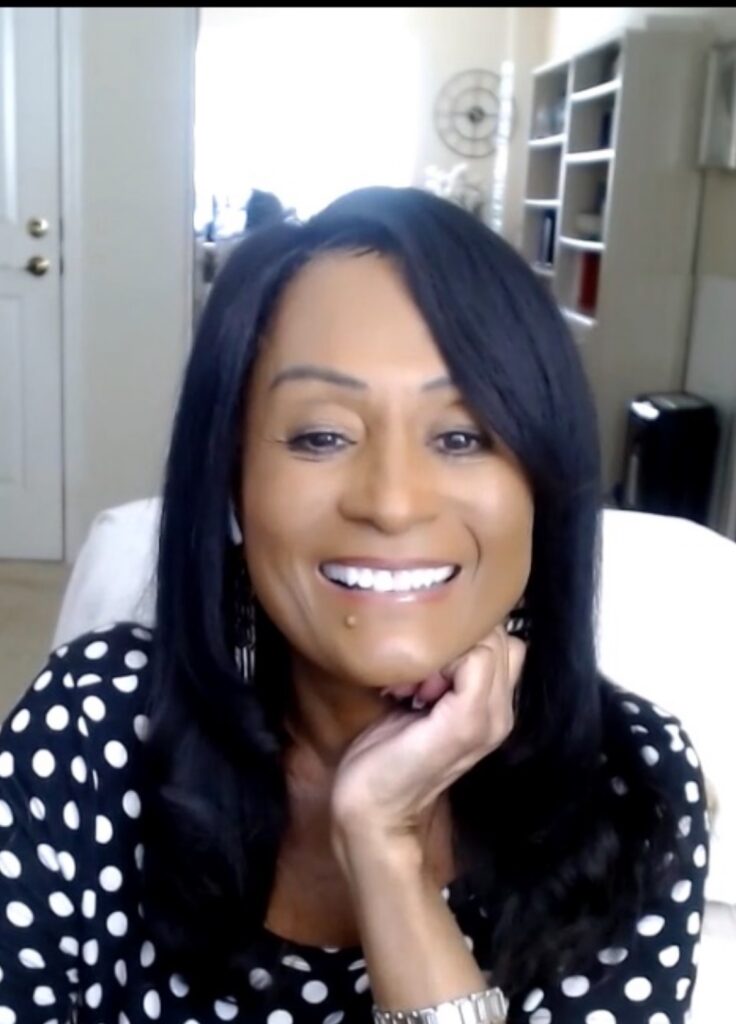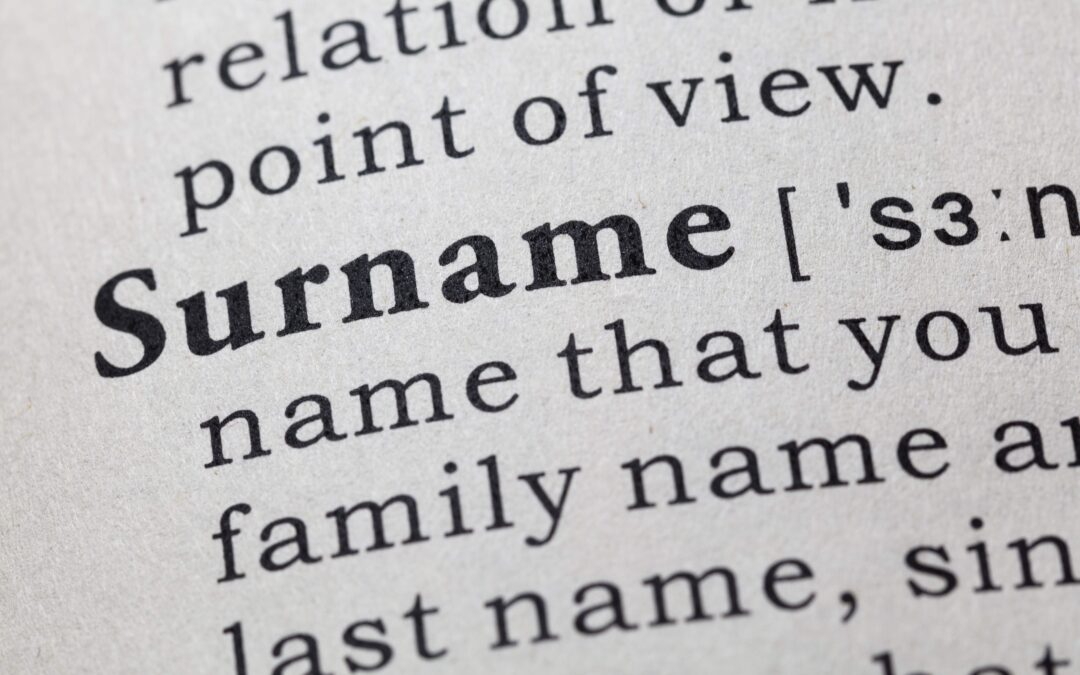How to Trademark a Name
A trademark can be a word, phrase, design, logo, color, sound, or a combination of those things that identifies the source of a product or service. Surnames can be also used as trademarks, but only under certain circumstances.
Primarily Merely a Surname
Trademark Law provides that a term, which is “primarily merely a surname is not registrable on the Principal Register absent a showing of acquired distinctiveness.” (15 U.S.C. § 1052(e)(4)) Several federal courts throughout the United States have determined that “[f]or the purpose of trademark analysis, personal names—both surnames and first names—are generally regarded as descriptive terms which require proof of secondary meaning.” Such proof includes exclusive use of the mark as a trademark over an extended period. Another factor is that the purchasing public has come to recognize the name as a trademark and not as a surname.
5 Factor Test
The test for determining whether a name, that is used as a trademark, is “primarily merely a surname” will depend on the significance of the mark in the eyes of the purchasing public. Every case is different, and each must be decided on its own facts. The USPTO takes into consideration five factors when examining trademark applications for surname registration. If you are thinking about registering your name as a trademark, here are the things you must consider:
- Is the surname you want to use rare?
- Whether the term you wish to use is the surname of anyone connected with the applicant?
- Does the term you want to register have any recognized meaning other than as a surname?
- Does the term you want to use have the “structure and pronunciation” of a surname?
- Whether the stylization of lettering is distinctive enough to create a separate commercial impression?
Even if (in your opinion) you are able to answer the above questions in a manner that gets you over the first hurdle, it is only the first hurdle. You should remember that there is always the possibility that your application will be challenged. The challenge could come from the USPTO in an office action, or it could come from a third-party during publication.
I strongly encourage you to consult with a competent trademark attorney who can advise you on effective next steps. This is because the law changes on a regular basis and getting reliable legal advice is critical for your pocketbook and your peace of mind. The last thing you want is to be caught off guard after having spent a lot of money trying to register your name.
Until next time, I’m Attorney Francine D. Ward, here to help you protect what’s yours. Find me on Facebook, Instagram, Pinterest, YouTube

Francine D. Ward
Attorney-At-Law, Author, Speaker
Follow Francine:
Don’t miss Francine’s Latest Blogs:
- What is a Habit?As we enter springtime, you may feel far away from your New Year’s resolution. That may be because of the success rate of NYE resolutions. In fact, January 17 is… Read more: What is a Habit?
- Common Contract MistakeCommon Contract Mistake #1. Not Having Written Agreements with EVERYONE You Do Business With. Common contract mistake. Without question, the most common contract mistake is not having the terms of… Read more: Common Contract Mistake
- AI and PatentsAI and Patents. Understanding Patent Law in the Age of AI. Patents, along with Copyrights, Trademarks, Trade Secrets, and Rights of Publicity, are one of the five areas of practice… Read more: AI and Patents
- Effective Goal SettingSetting Goals. It’s that time of year, time to plan for effective goal setting. A time when some of us start thinking about goals for the upcoming year. If you… Read more: Effective Goal Setting
- Indemnify AI UseBeware of companies that say they will indemnify AI use, that they will pay ALL the legal costs incurred by customers using Generative AI services (like ChatGPT, CoPilot, or Bard).… Read more: Indemnify AI Use











